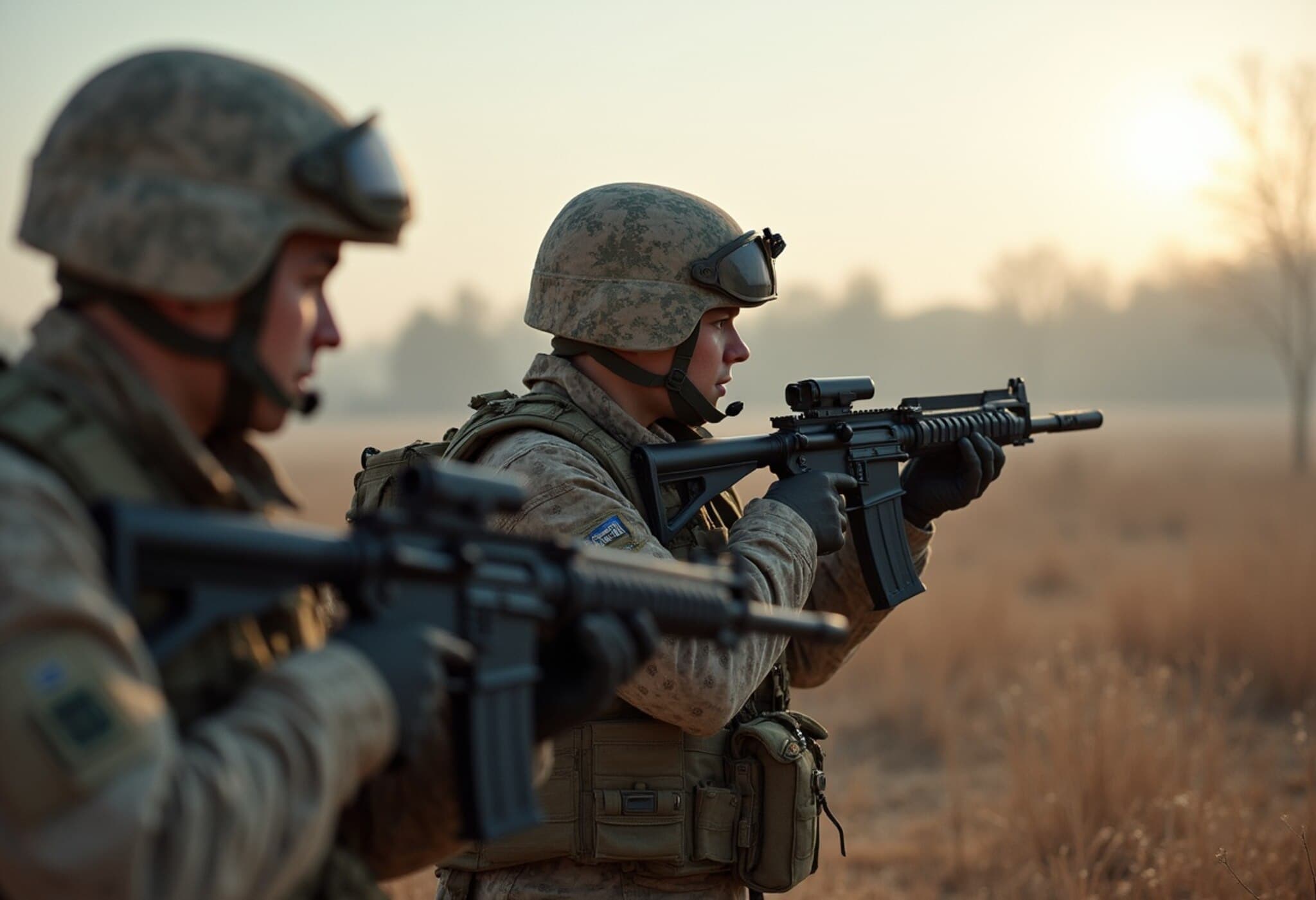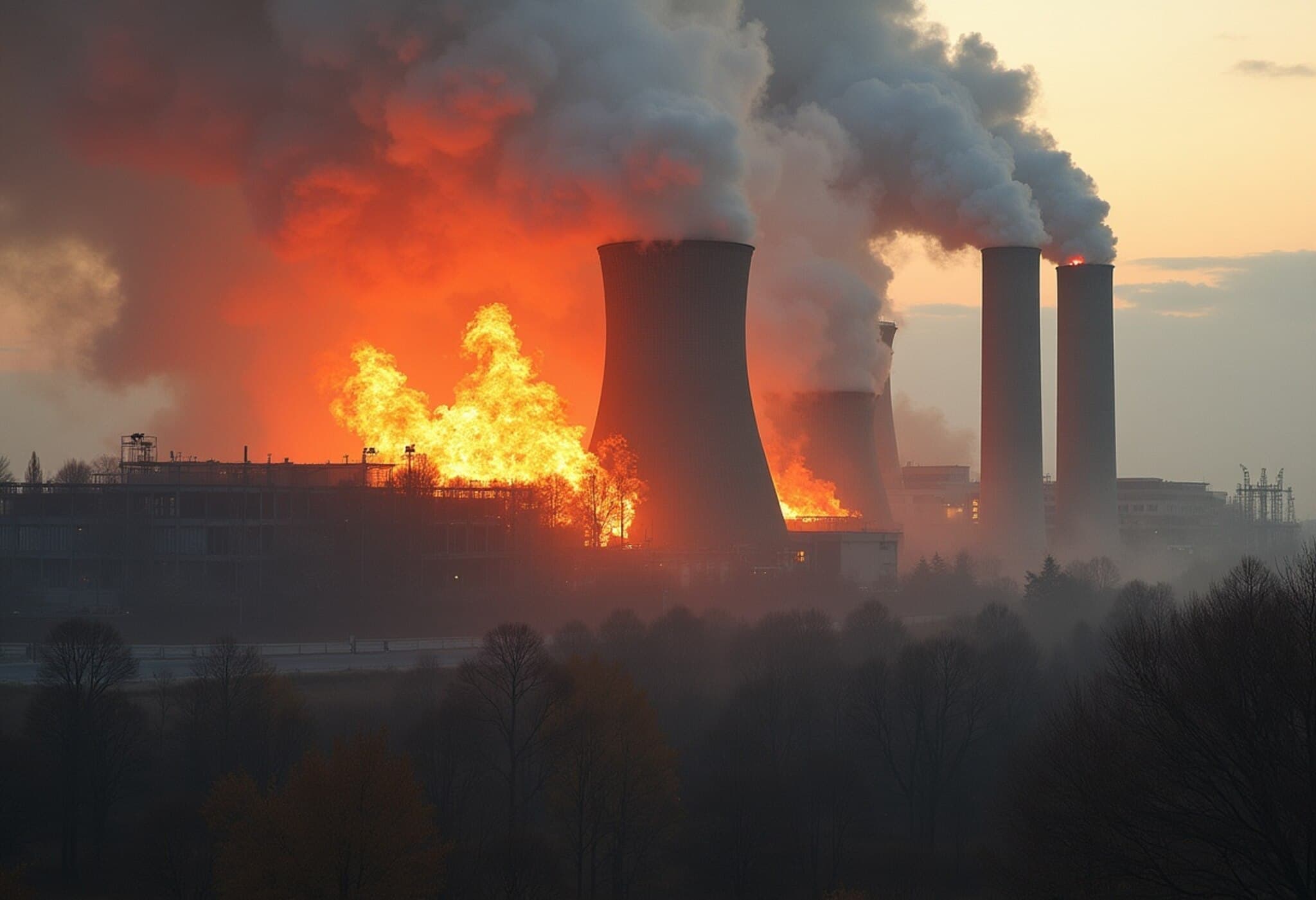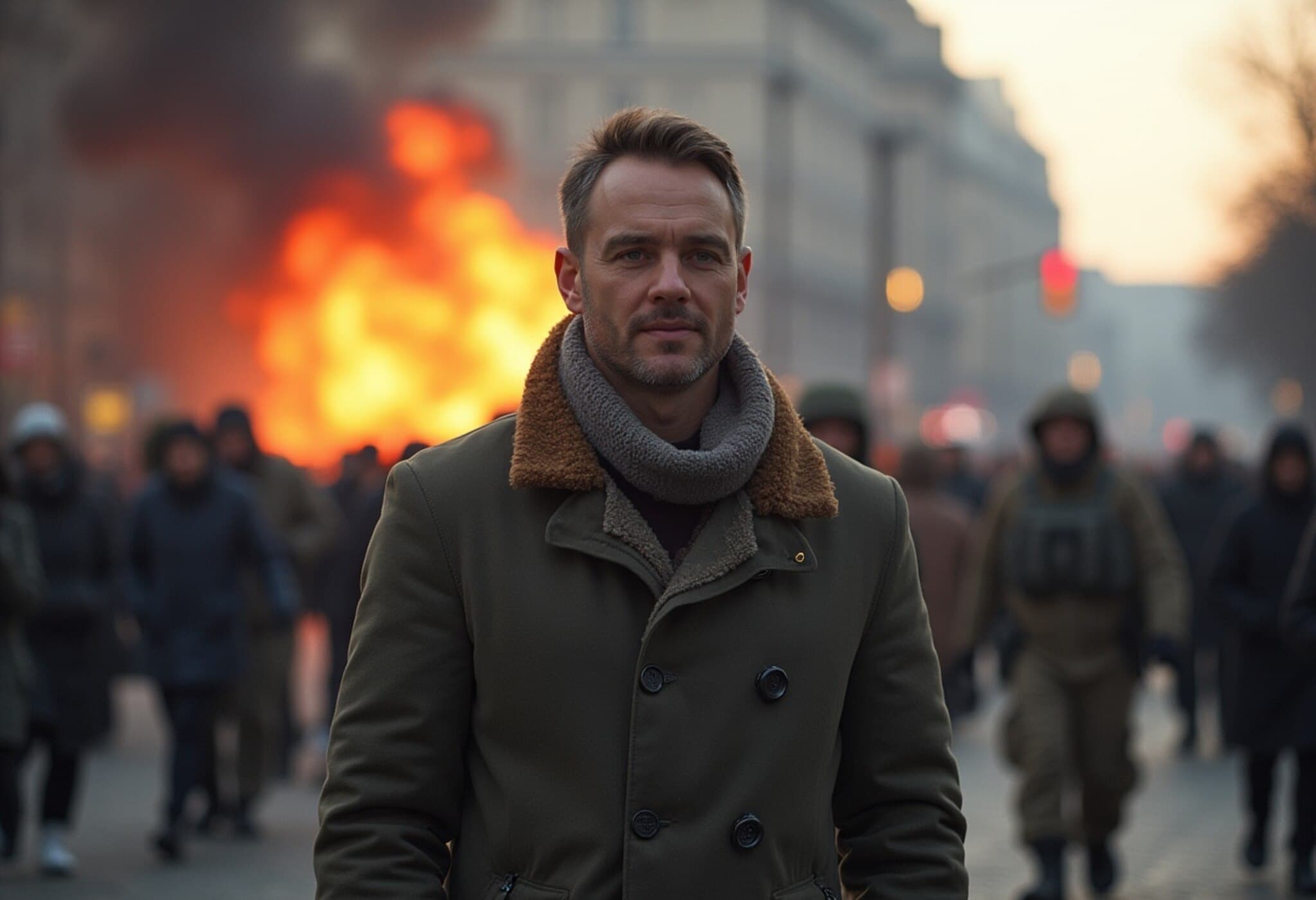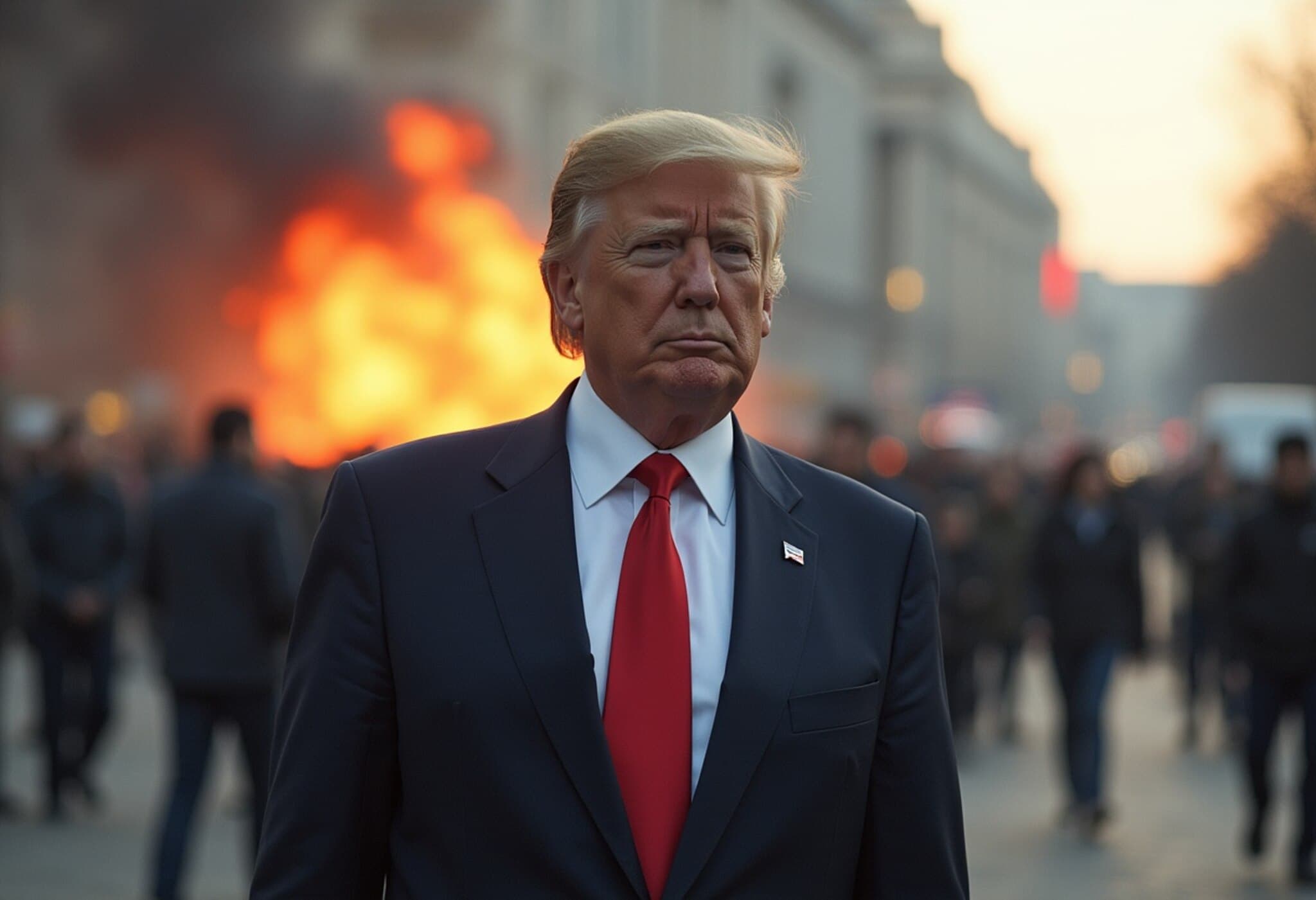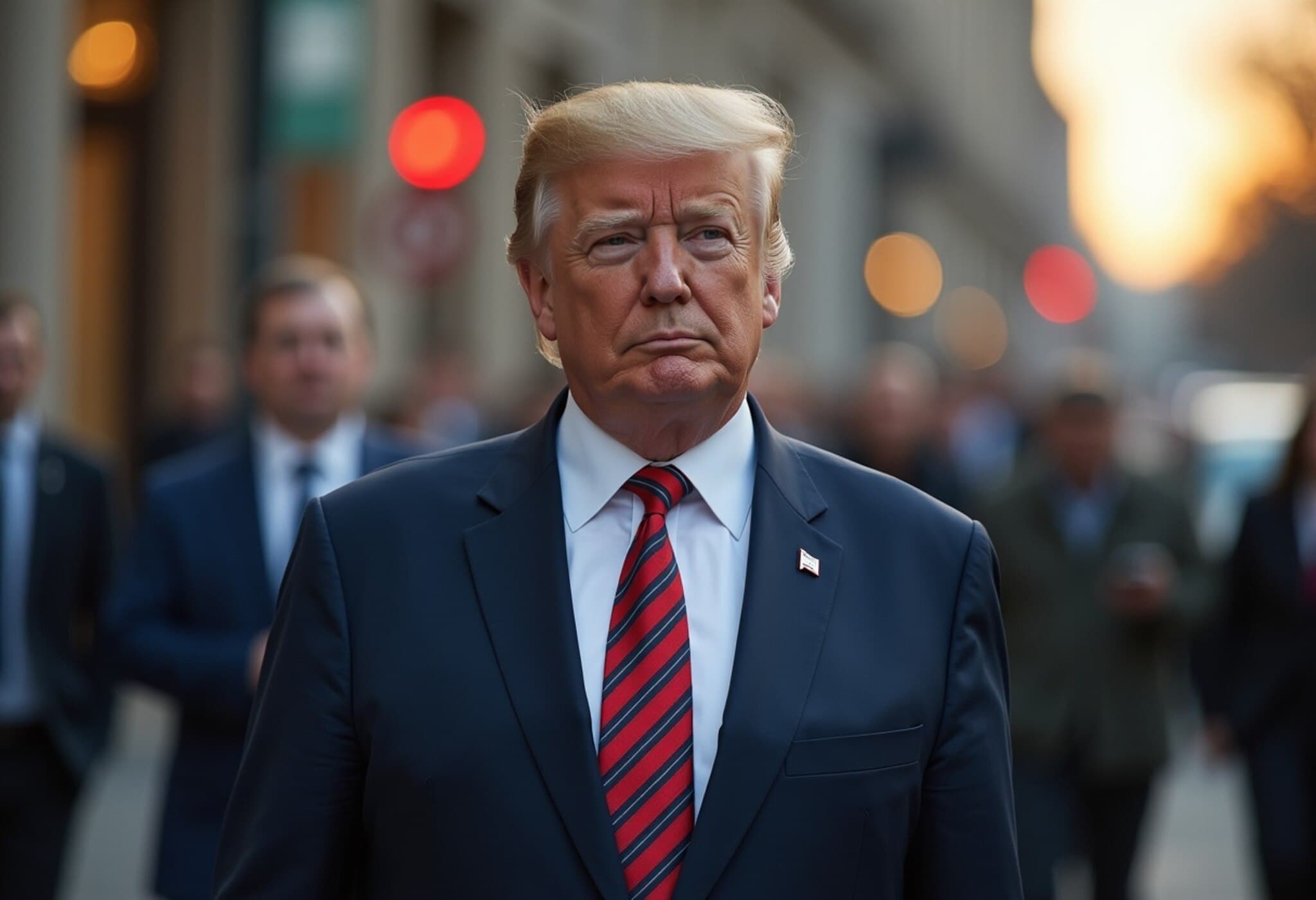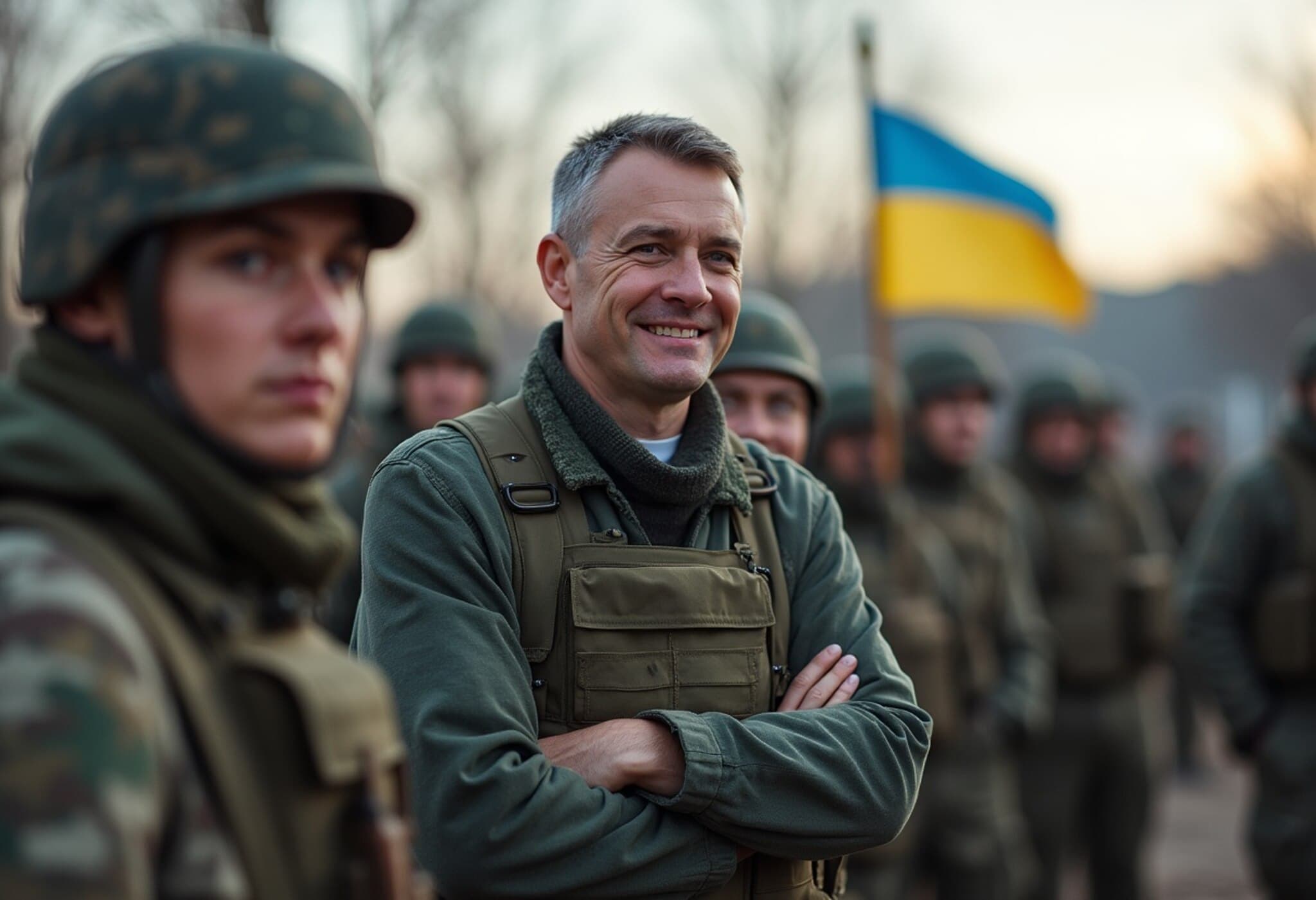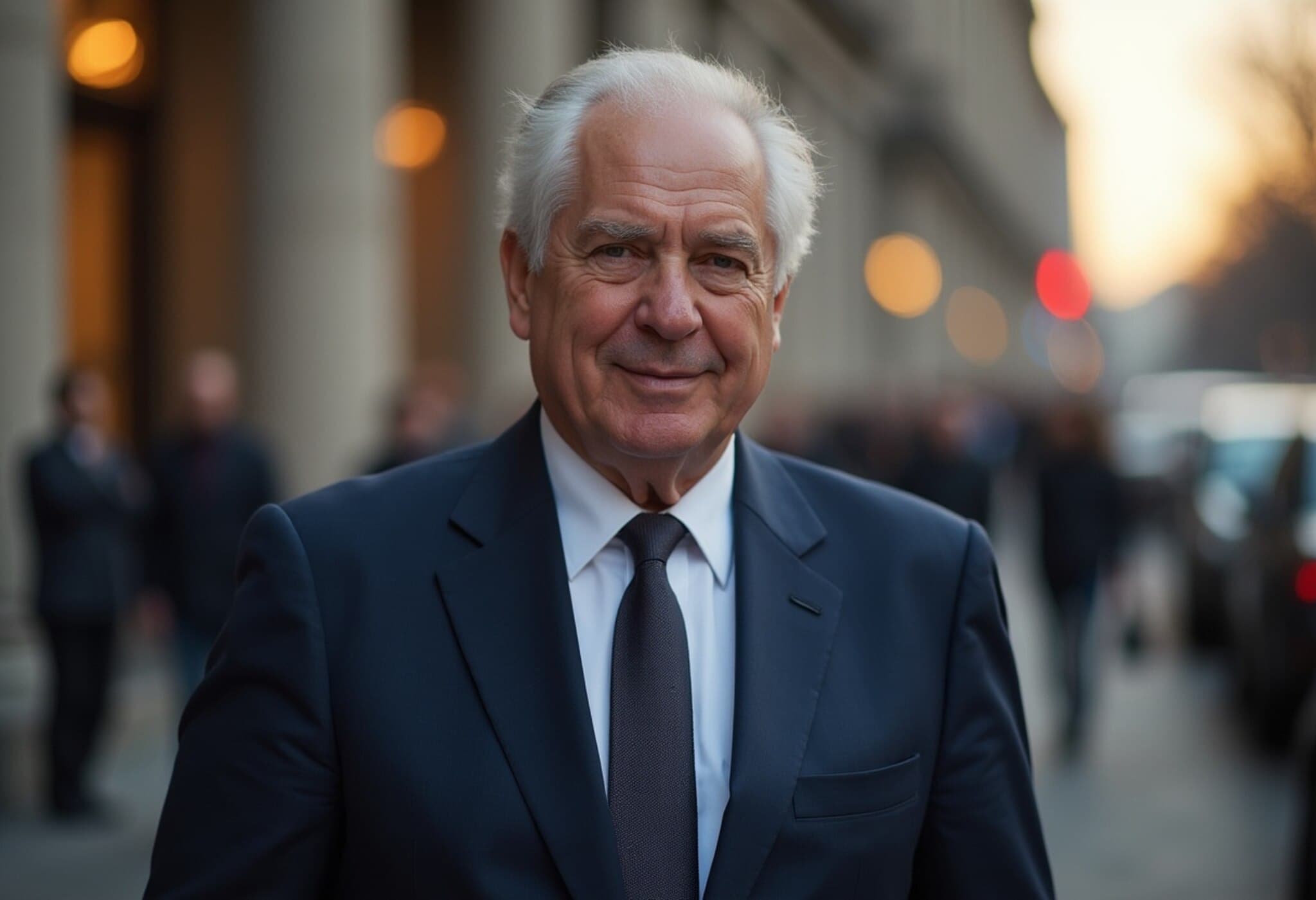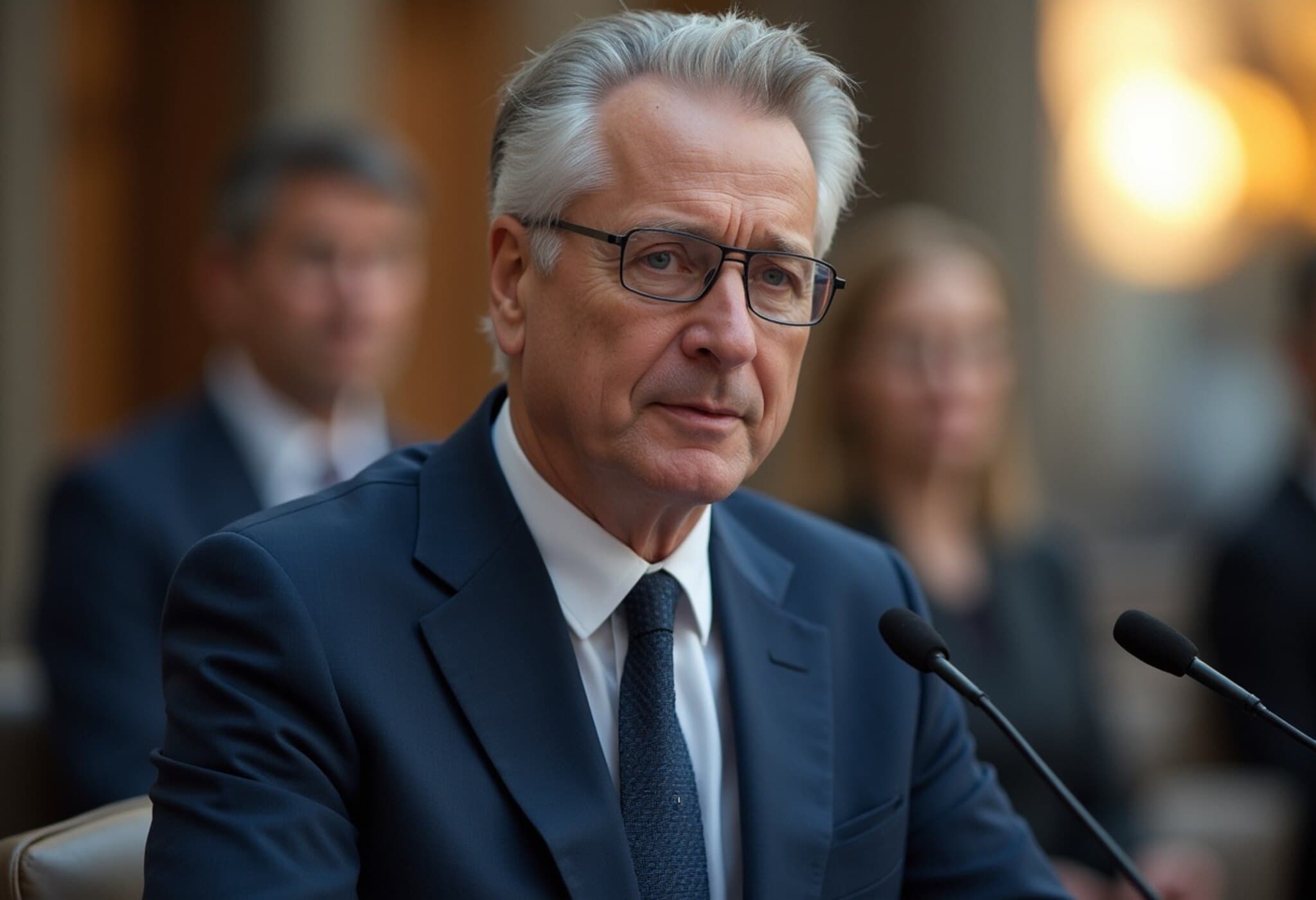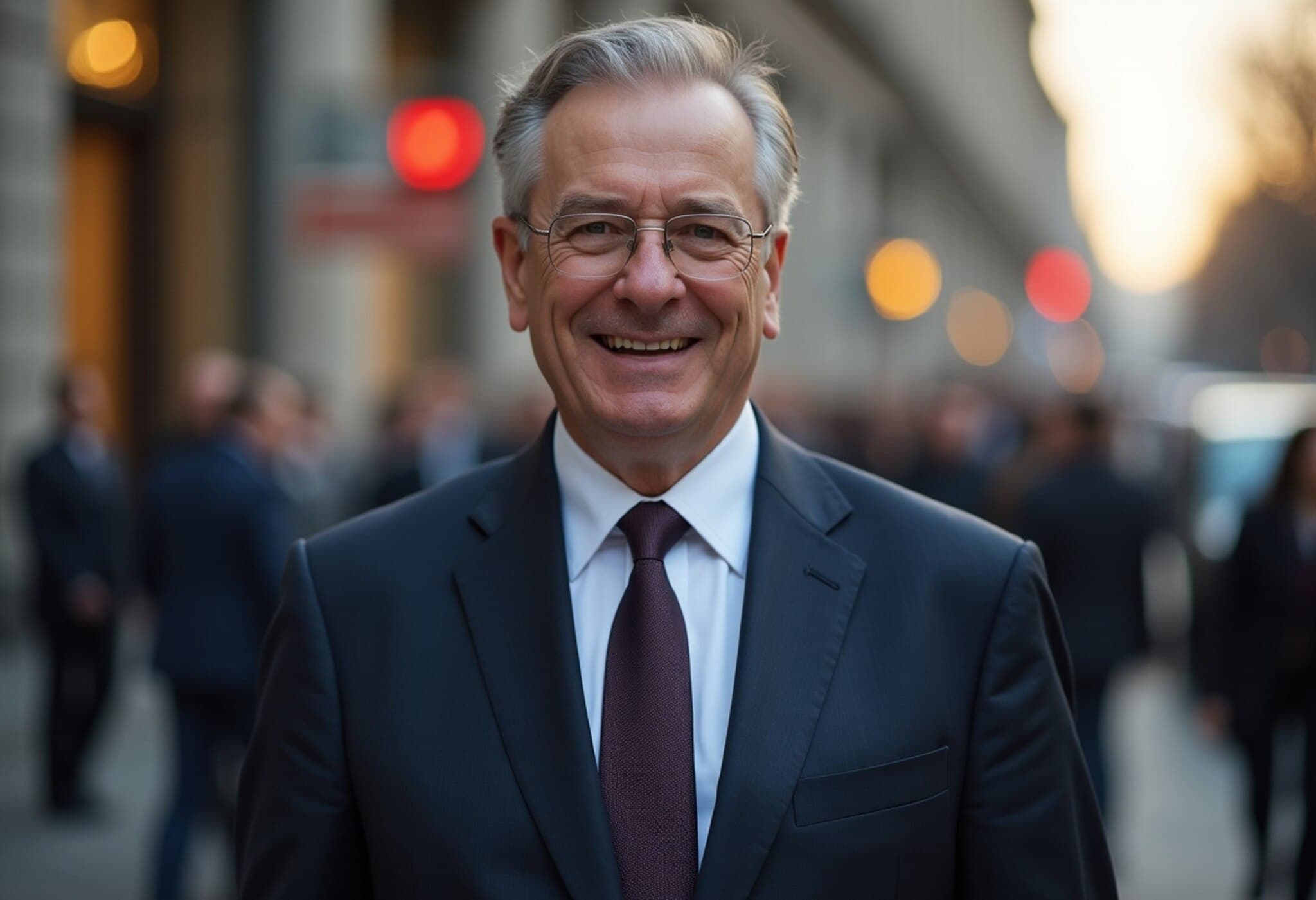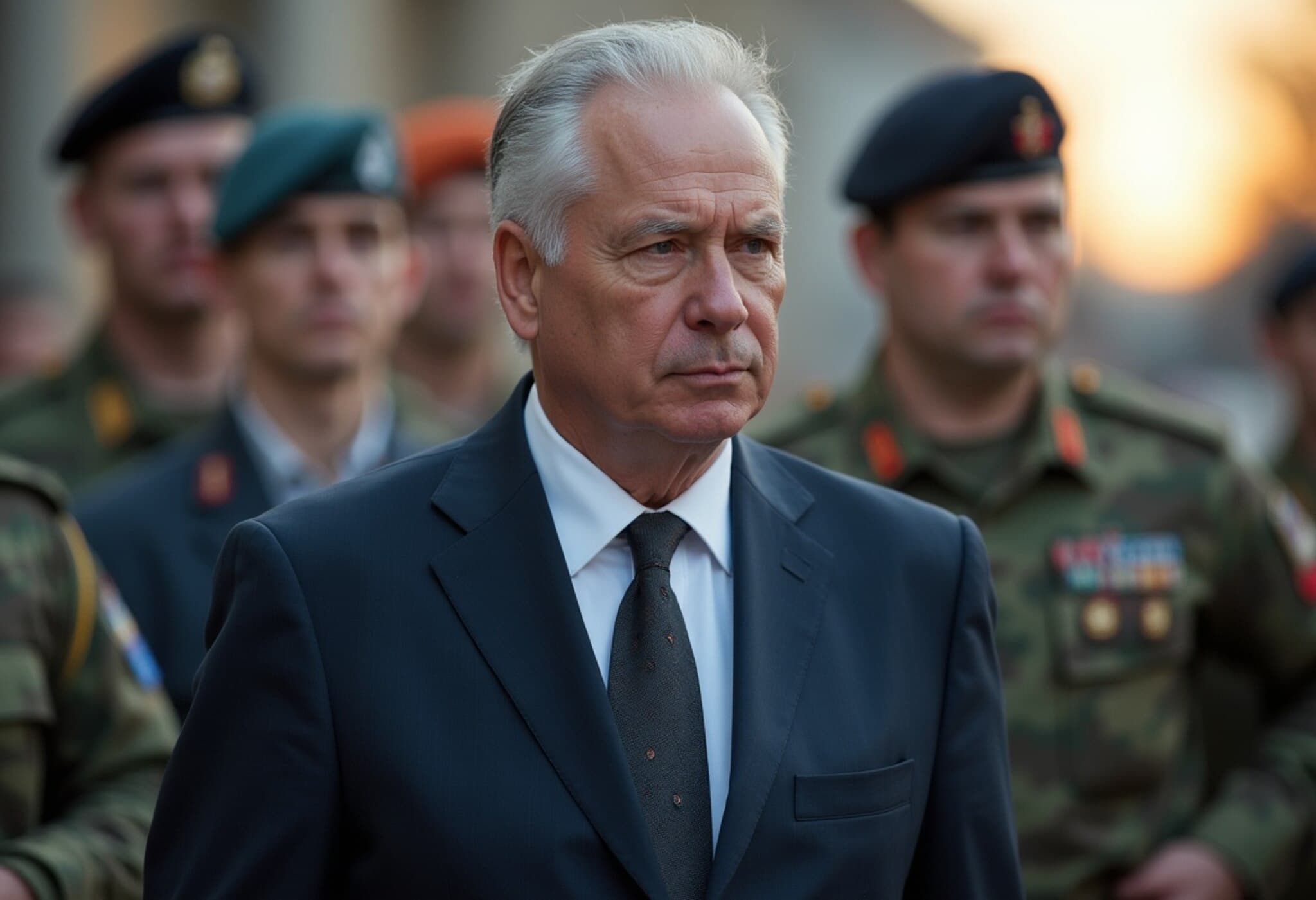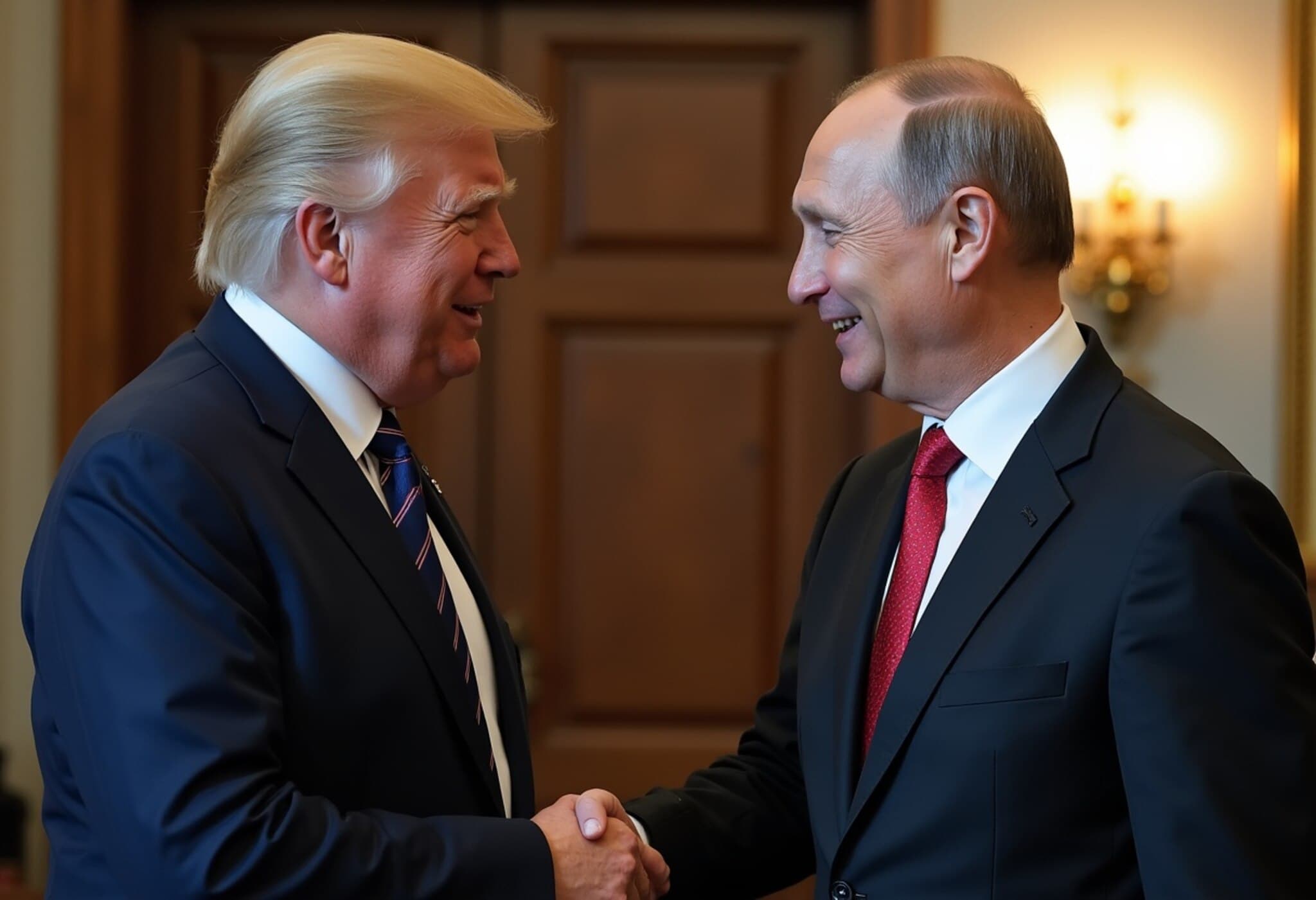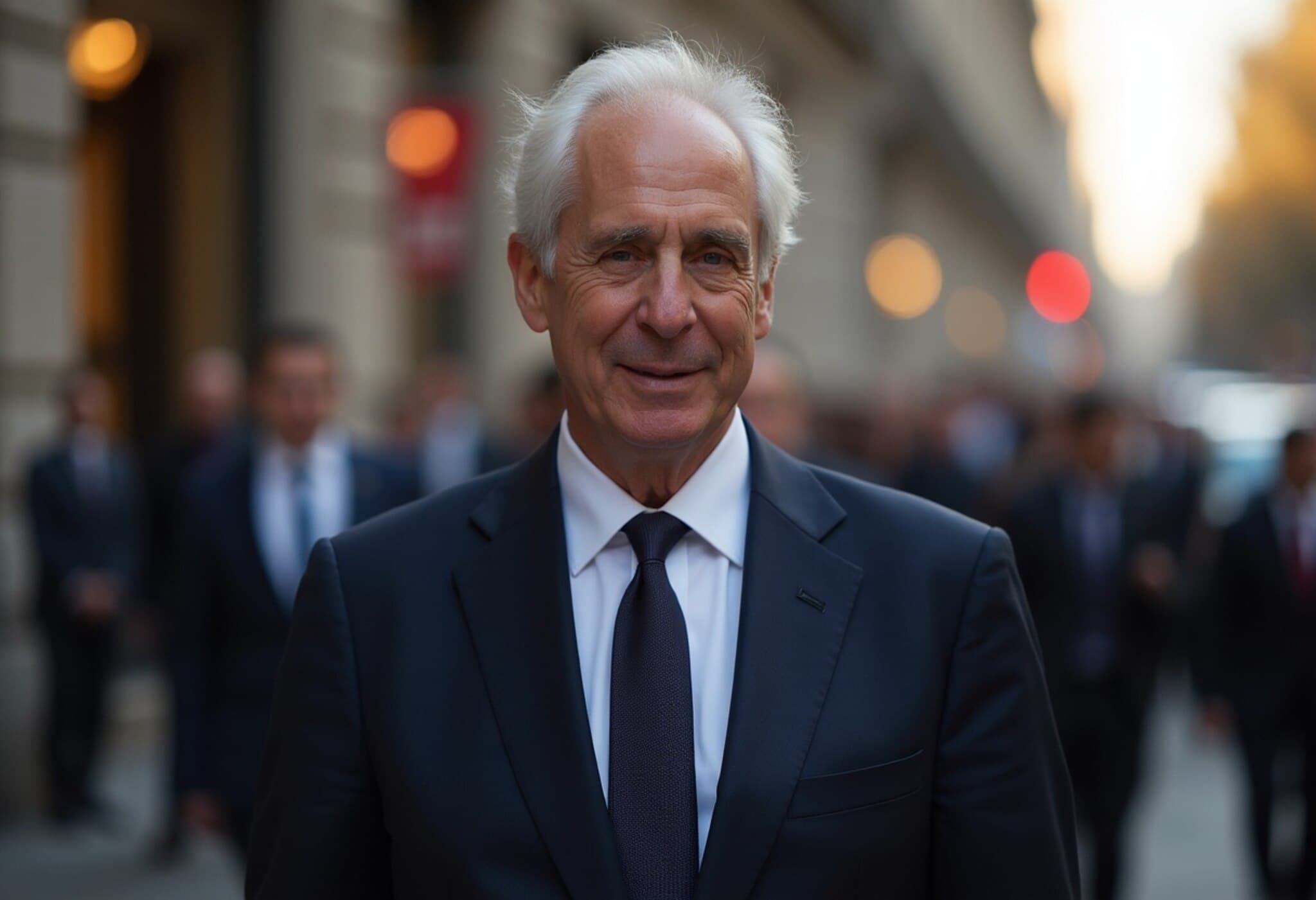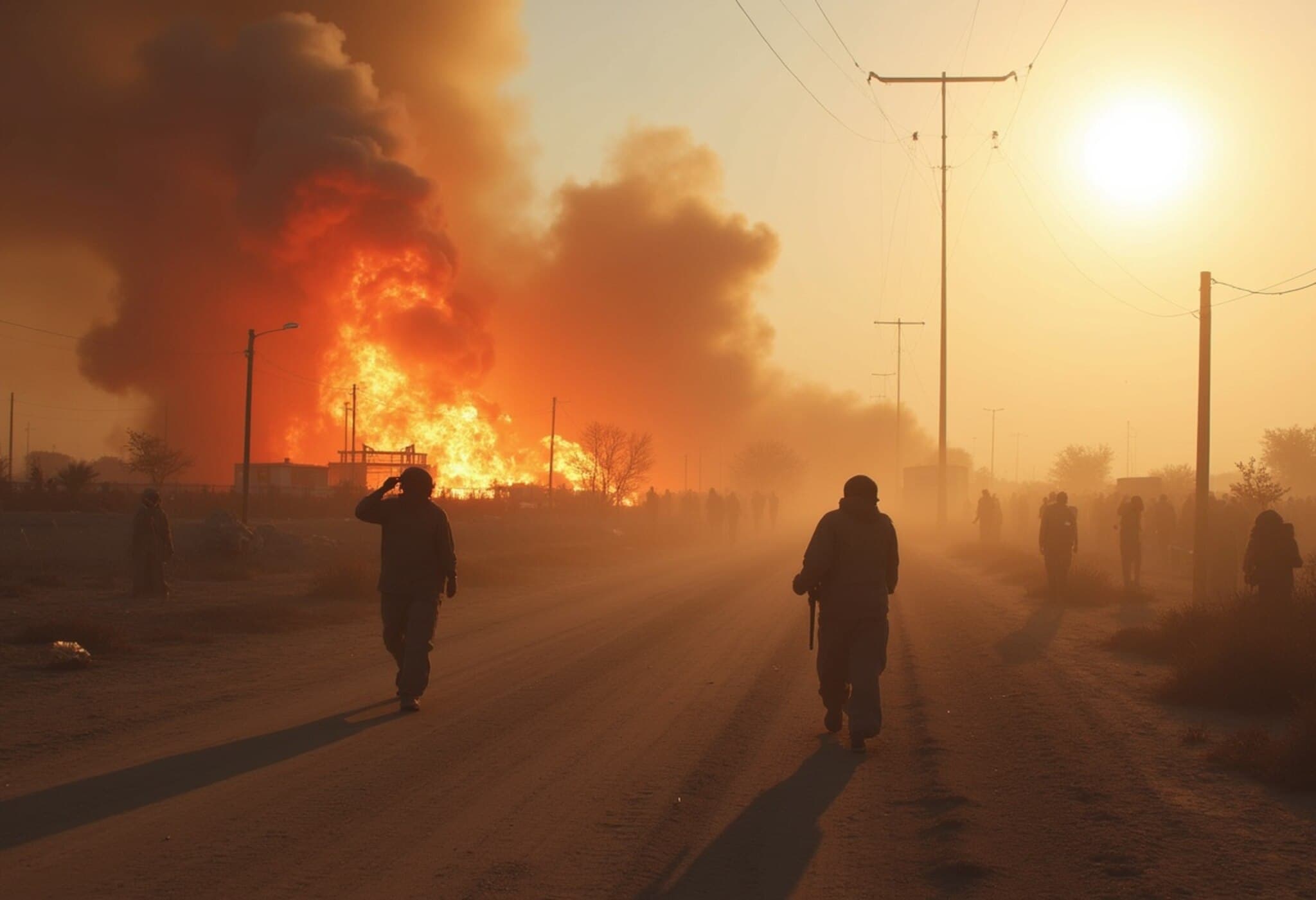Zelenskyy Reaffirms Call for Dialogue as Conflict Intensifies
On August 25, 2025, Ukrainian President Volodymyr Zelenskyy reiterated the urgent need for a high-level summit with Russian President Vladimir Putin, emphasizing that direct talks remain "the most effective way forward" despite ongoing animosities and stalled peace efforts. This statement comes on the heels of significant military and diplomatic developments marking a tense milestone in the war that began in 2022.
Military Gains and Renewed Hostilities in Donetsk
Ukrainian forces have recently demonstrated resilience by reclaiming three villages in the Donetsk region, a critical area on the frontline that had fallen under Russian control weeks prior. General Oleksandr Syrsky of the Ukrainian Army announced the successful recaptures as part of a broader counteroffensive aimed at pushing back Russian advances.
However, the conflict’s volatility was underscored by drone attacks launched by Ukraine on Russian territory, including an incursion targeting the Kursk Nuclear Power Plant. Although the resulting fire was swiftly extinguished and no casualties or radiation leaks were reported, the incident raised international alarms. The International Atomic Energy Agency has long warned about the perilous risks of conflict near nuclear facilities, highlighting the stakes at play as military actions threaten regional safety and international security.
Diplomatic Efforts Sputter amidst Mutual Distrust
Despite these tensions, Ukraine and Russia carried out another prisoner exchange, repatriating 146 prisoners of war and civilians each — a rare cooperation amid hostility. Yet, optimism for a diplomatic breakthrough dims as Russian officials, including Foreign Minister Sergei Lavrov, dismiss Western-led initiatives and criticize Zelenskyy’s insistence on immediate direct talks as unrealistic.
Earlier efforts by former U.S. President Donald Trump to broker a meeting between the two leaders fizzled after Russia explicitly ruled out any such summit. Western envoys and leaders, however, continue to support dialogue, with some emphasizing the need for broader security guarantees for Ukraine, including potential foreign troop presence — an idea Moscow vehemently rejects.
On Ukraine’s Independence Day: A Message of Defiance and Resolve
Marking the 34th anniversary of Ukraine’s independence following the Soviet Union’s dissolution, Zelenskyy addressed a gathering of Western diplomats and Ukrainian officials with a spirited message. He asserted Ukraine’s status not as a victim but as a defiant fighter, committed to preserving its sovereignty against aggression.
Supporting this defiance, Norway pledged substantial military aid, including funding for two U.S. Patriot missile defense systems to bolster Ukraine’s air defenses — a move reflective of growing Western commitment to Kyiv’s security amid escalating conflict.
The Bigger Picture: Regional Security and Global Stakes
The ongoing war has reshaped geopolitical dynamics across Eastern Europe, with Russia controlling nearly 20% of Ukrainian territory, including Crimea, which it annexed in 2014. Millions have been displaced, and cities lie in ruins. The international community watches closely, balancing diplomatic pressure with military and economic support for Ukraine.
As Zelenskyy and his allies seek a pathway to peace, critical questions loom:
- Can direct talks between Putin and Zelenskyy be revived in a manner that leads to tangible ceasefires?
- What role will Western security guarantees and troop placements play in deterring further aggression?
- How can international bodies mitigate the risks posed by warfare near nuclear sites?
The answers will significantly shape Europe's security landscape and international norms regarding sovereignty and conflict resolution.
Editor’s Note
This ongoing conflict is not simply a territorial dispute but a profound struggle over sovereignty, security, and international law. President Zelenskyy’s insistence on direct talks highlights a pragmatic pathway many still hope could break the deadlock. Yet the mutual mistrust and the shadow of military escalations prompt deep reflection on how diplomacy, military support, and international oversight can coexist to prevent further devastation and foster lasting peace. Readers are encouraged to consider the broader implications of this conflict for global security and the future of international diplomacy.


